With such variety in its lineup, choosing the best Canon camera isn’t easy. To help you, we’ve included a recommendation for every type of photographer below. Whether you’re looking for a premium compact or a mirrorless flagship, you’ll find your ideal Canon quicker here.
If we had to pick one Canon camera as our favorite, it would be the EOS R5. It’s a full-frame hybrid that captures epic stills thanks to its high-resolution sensor, excellent autofocus, and reliable in-body image stabilization. We think it’s one of the best professional cameras available.
That said, it won’t be the right fit for everyone. Our guide is designed to give you a full view of what’s on offer in Canon’s catalog right now. We’ve tested each option extensively to help you understand how they handle and perform in the real world.
If you’re ready to buy a Canon camera, we suggest keeping an eye on our roundup of Amazon Prime Day camera deals. We expect to see several of the best Canon cameras discounted over the next few weeks.
The Best Canon Camera Options for 2024
Below you’ll find in-depth summaries of all the best Canon cameras for 2024. We’ve tested each one extensively, so you can trust our recommendations.
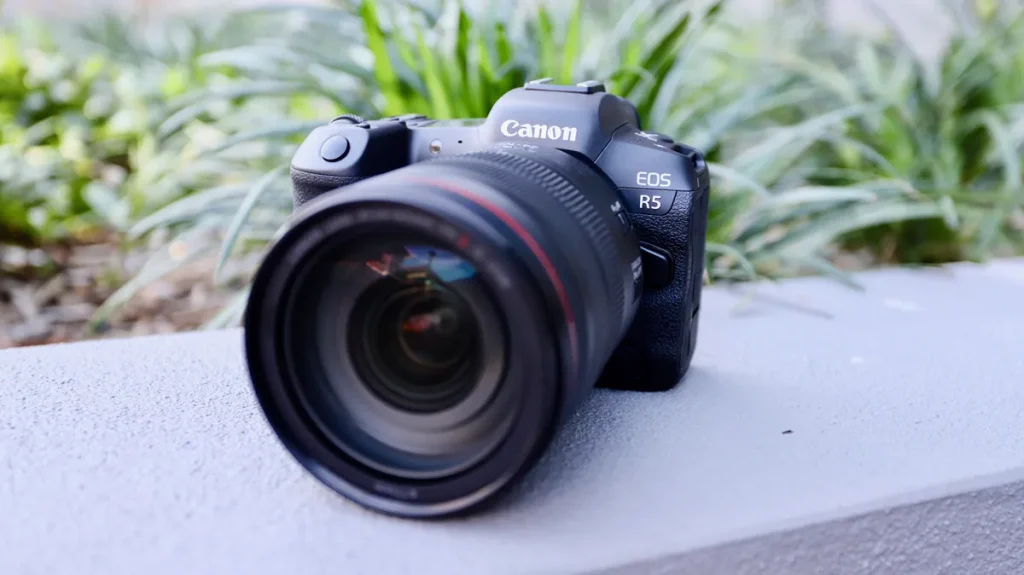
1. Canon EOS R5
Specifications:
- Sensor: Full-frame CMOS
- Megapixels: 45
- Autofocus: 5,940-zone AF
- Screen Type: 3.15-inch tilting touchscreen, 2.1m-dots
- Continuous Shooting Speed: 20fps
- Movies: 8K
- User Level: Enthusiast / Expert
Reasons to Buy:
- Superb autofocus
- Solid IBIS system
- Good battery life
Reasons to Avoid:
- Some limitations for video
Canon EOS R5 Sample Image

There’s a lot to like about the Canon EOS R5. In fact, we think there’s never been a better Canon camera for those who shoot a wide range of stills. We’ve spent a lot of time with the EOS R5 since it launched, and our tests have consistently found it to have fantastic image quality, seriously impressive autofocus, and decent battery life. We’re also big fans of the body design, which combines a responsive touchscreen with a superb electronic viewfinder.
While the EOS R5 boasts the headline-grabbing spec of 8K video, it has some limitations for videographers. The overheating restrictions may deter those who shoot lengthy clips, such as interviews. However, in our tests with the latest firmware, we didn’t experience any overheating warnings when shooting a short film in 32-degree temperatures, making it a very capable video camera for most users. Canon clearly went all-out on the EOS R5, making it close to the perfect Canon camera for hybrid shooters. Though it comes at a high price, if you’re keen on the brand, it may be worth the investment.
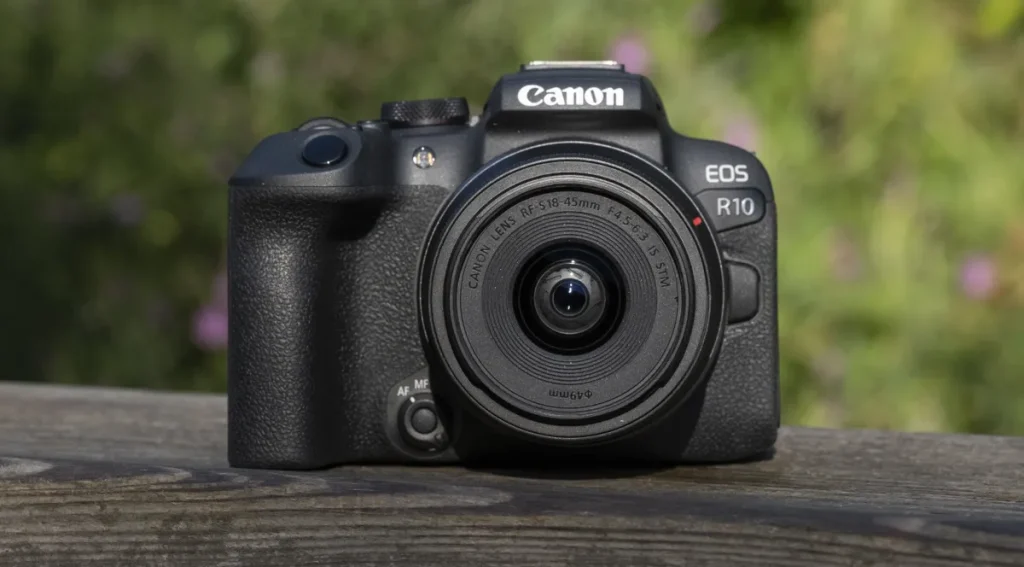
2. Canon EOS R10
Specifications:
- Type: Mirrorless
- Sensor: APS-C CMOS
- Resolution: 24.2MP
- Autofocus: 651-area Dual Pixel AF
- Viewfinder: EVF, 2.36 million dots
- Monitor: 2.95-inch articulating touchscreen, 1.04 million dots
- Continuous Shooting Speed: 15fps
- Movies: 4K
- User Level: Beginner
Reasons to Buy:
- Compact and lightweight
- Modern autofocus abilities
Reasons to Avoid:
- No in-body image stabilization
- Crop on 4K/60p footage
Canon EOS R10 Sample Image
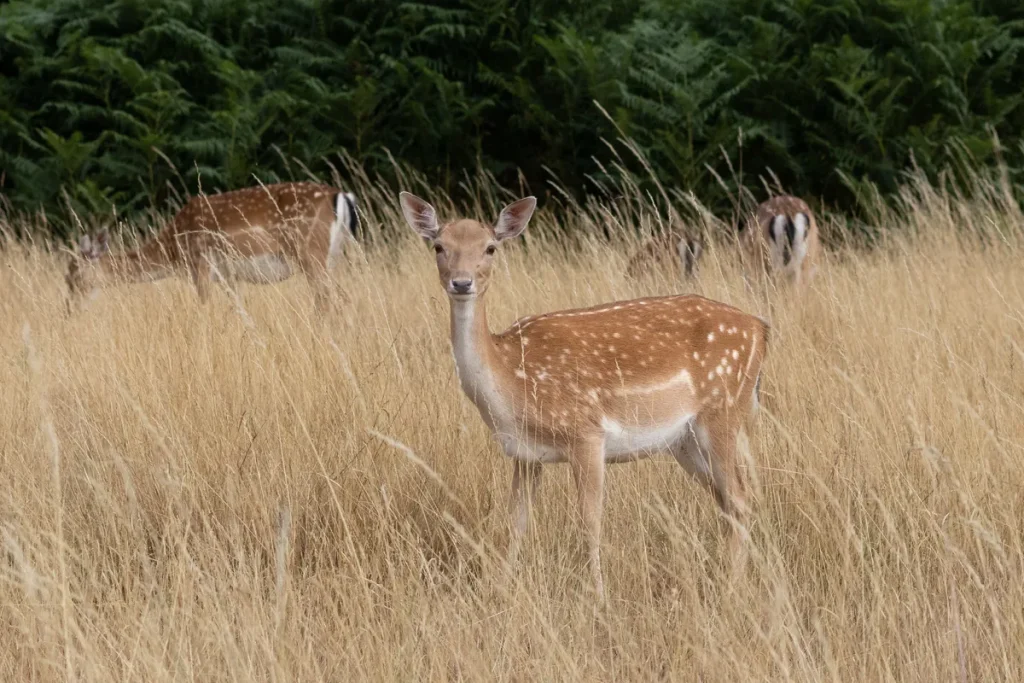
If you can look past the old-school sensor, we think Canon’s EOS R10 is one of the best entry-level mirrorless cameras for beginners. Fitted with Canon’s powerful Digic X chip, it also benefits from truly modern autofocus abilities. In our testing, the processor and AF tracking together proved remarkably powerful. Continuous shooting speeds of 15fps with the mechanical shutter make the EOS R10 a winner if you want to experiment with action photography. While low-light abilities are limited by the lack of in-body image stabilization, image quality proved decent during our tests, with plenty of detail hiding in the shadows. Video skills are solid too, with 4K footage oversampled at 30fps.
With dual control dials and a dedicated AF joystick, we found that the EOS R10 makes it straightforward for learners to get hands-on with creative shooting. Its lightweight body feels comfortably familiar for anyone coming from a DSLR, and the articulating touchscreen makes it an easy switch for smartphone photographers. Provided Canon comes out with more native APS-C lenses to grow with, the R10 hits the top spot for beginners.
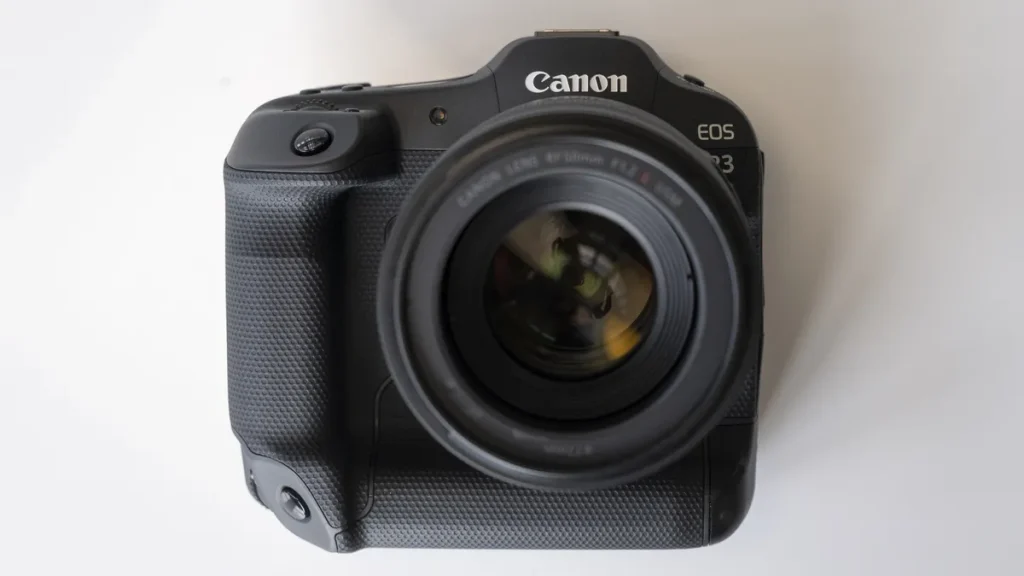
3. Canon EOS R3
Specifications:
- Sensor Size: Full-frame
- Resolution: 24.1MP
- Viewfinder: 5,760K dots
- Monitor: 3.2-inch vari-angle touchscreen, 4,300K dots
- Autofocus: 1,053-point AF
- Maximum Continuous Shooting Rate: 12fps (mechanical shutter), 30fps (electronic)
- Movies: 6K at 60p
- User Level: Expert
Reasons to Buy:
- Seriously speedy sensor
- Powerful AF features
- Impressive video specs
Reasons to Avoid:
- Big for a mirrorless model
- Relatively low resolution
Canon EOS R3 Sample Image
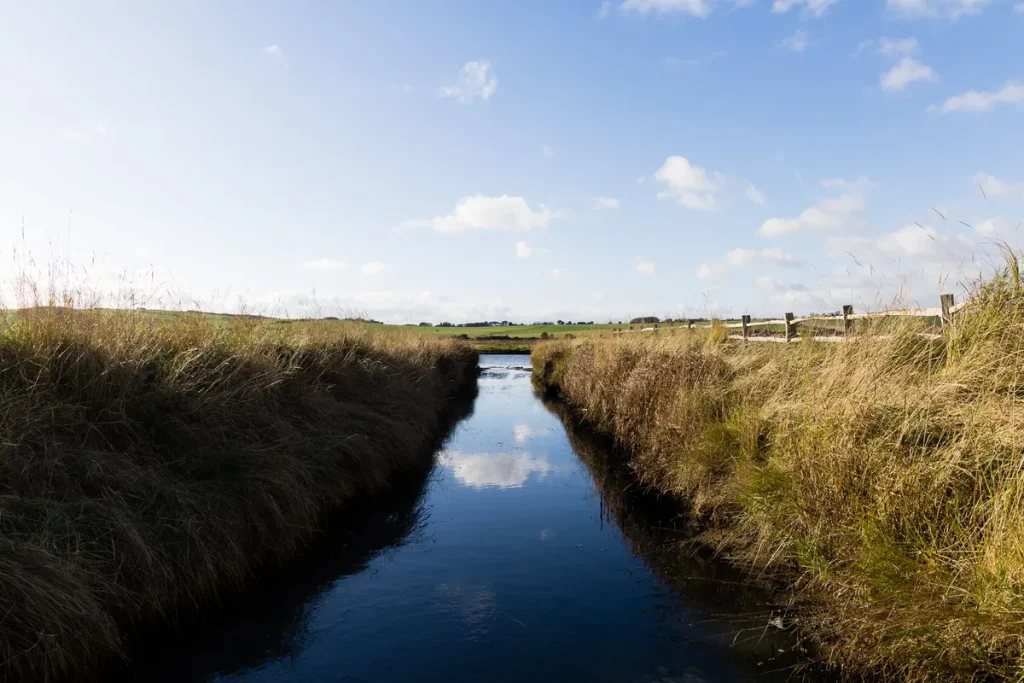
Styled more like a sports DSLR than the handier EOS R5, the Canon EOS R3 is every bit a professional mirrorless camera. It has fewer megapixels than the EOS R5 because it’s built for speed rather than outright resolution – and if speed is your priority, it’s the best Canon camera you can get. During our extensive testing, we found the EOS R3 to be one of the best sports and wildlife cameras we’ve ever tested.
At its core is a 24.1MP stacked CMOS sensor, which we described in our review as a “purring photographic engine.” It can shoot full-quality raw images at a remarkable 30fps and record 6K/60p raw video internally without any noticeable rolling shutter. We were also mightily impressed by its autofocus system and reassured by the tough magnesium alloy build. In short, the EOS R3 is the pinnacle of mirrorless speed. It’s undeniably big and expensive, but if you need an uncompromising Canon camera and can afford to pay the premium, you won’t be disappointed.
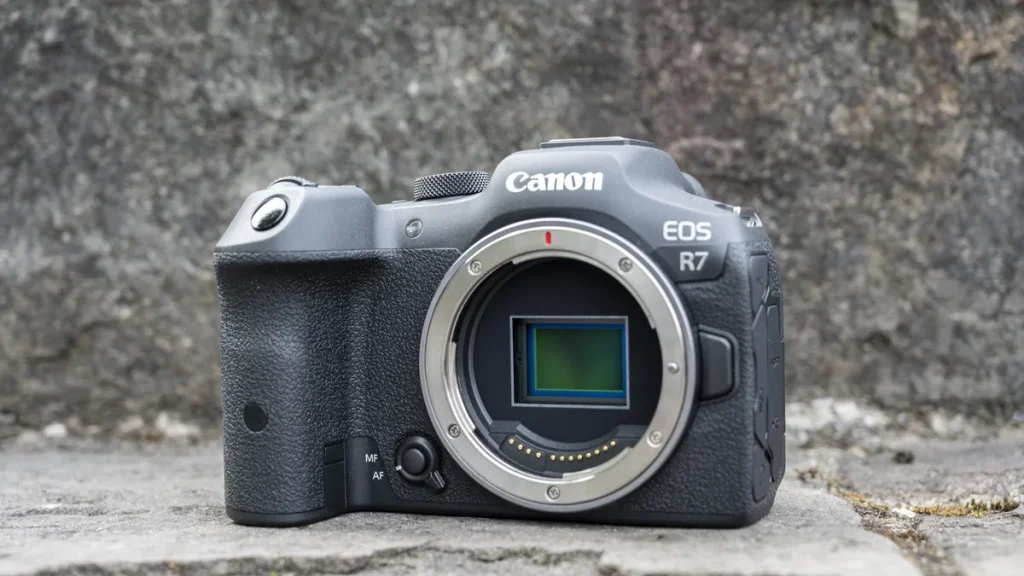
4. Canon EOS R7
SPECIFICATIONS
- Type: Mirrorless
- Sensor: APS-C CMOS
- Resolution: 32.5MP
- Autofocus: 651-area Dual Pixel AF
- Viewfinder: EVF, 2.36 million dots
- Monitor: 2.95-inch articulating touchscreen, 1.62 million dots
- Continuous Shooting Speed: 15fps
- Movies: 4K
- User Level: Enthusiast
REASONS TO BUY
- Rapid and reliable performance
- Impressive value
REASONS TO AVOID
- Limited native lens range
- Average electronic viewfinder
Canon EOS R7 Sample Image
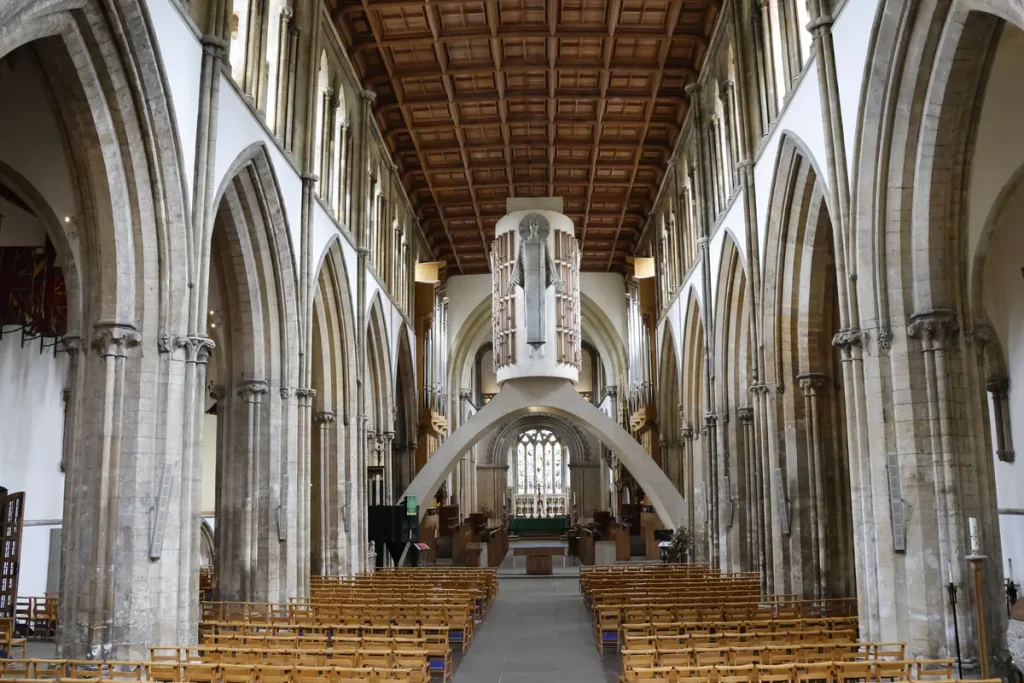
Positioned perfectly within the APS-C segment, the EOS R7 stands out as a top choice among Canon’s offerings for enthusiast photographers. It boasts a rich feature set that competes favorably with its full-frame counterparts at a more accessible price point. Key to its appeal is Canon’s latest Dual Pixel CMOS AF II autofocus system, delivering swift and dependable performance. With electronic burst rates reaching up to 30fps, the R7 excels in capturing fast-paced action, ideal for sports and wildlife photography. Additionally, its in-body image stabilization provides an impressive eight stops of compensation for handheld shooting.
Our practical testing confirmed that the EOS R7 consistently delivers excellent image quality across diverse shooting conditions. While its low-light capabilities may not match those of Canon’s full-frame models, the camera offers exceptional versatility and value. It features dual UHS-II card slots, a versatile articulating touchscreen, and the capability to shoot uncropped 4K/60p video. Ergonomically designed, it provides a comfortable grip and an intuitive control layout.
The primary limitation currently is the relatively narrow selection of native lenses available for the RF-S system. However, Canon is expected to expand this range as the RF-S system gains popularity.
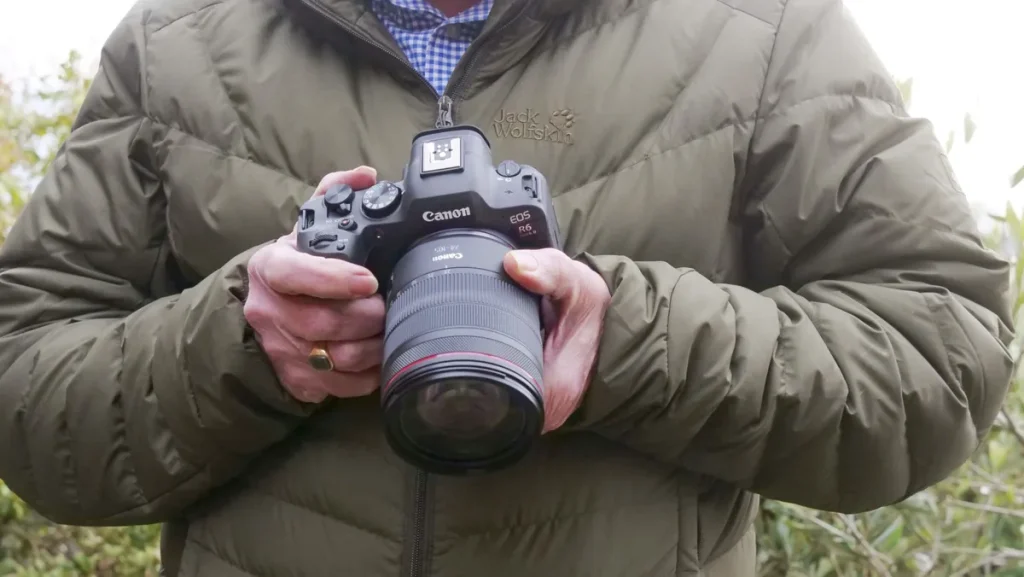
5. Canon EOS R6 II
SPECIFICATIONS
- Sensor: Full-frame CMOS
- Megapixels: 20.1MP
- Autofocus: 6,072 AF points
- Screen type: 3-inch vari-angle touchscreen, 1,620K dots
- Continuous shooting speed: 12fps
- Movies: 4K/60p
- User level: Intermediate/expert
REASONS TO BUY
- Best-in-class autofocus
- Excellent full-frame IBIS
REASONS TO AVOID
- 4K video limitations
- Expensive for an enthusiast camera
Canon EOS R6 II Sample Image

Canon’s EOS R6 was initially positioned as a more affordable alternative to the R5, emphasizing speed over sheer resolution. The R6 II builds upon this foundation with significant enhancements, solidifying its status as one of Canon’s premier mirrorless cameras for all-around use. Doubling its electronic burst shooting speeds to 40fps, the EOS R6 II leads the pack in mirrorless cameras, making it ideal for capturing fast-paced action. Our tests revealed that while the in-body image stabilization didn’t quite reach the promised eight stops, the camera excels with vibrant color rendering and impressive overall image quality.
Despite its increase from 20.1MP to 24.2MP, the sensor still falls short of the EOS 6D Mark II in pixel count. Furthermore, its 4K/60p video resolution cannot match the 8K capabilities of the R5. Nevertheless, our hands-on experience demonstrated that the EOS R6 II is an exceptional tool for photography, boasting highly effective AI-powered autofocus and stellar low-light performance.
Whether your priority lies in stills or video, better value propositions exist, and the incremental improvements may not justify an upgrade from the original EOS R6. However, for existing Canon RF system users prepared to invest, the EOS R6 II stands out as a remarkably capable hybrid camera.


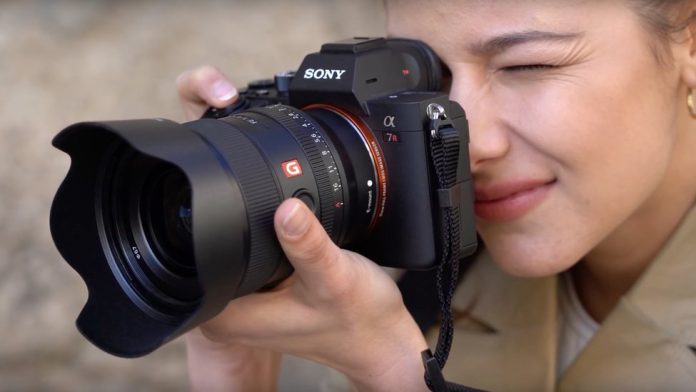
 Viesearch - The Human-curated Search Engine
Blogarama - Blog Directory
Web Directory gma
Directory Master
http://tech.ellysdirectory.com
8e3055d3-6131-49a1-9717-82ccecc4bb7a
Viesearch - The Human-curated Search Engine
Blogarama - Blog Directory
Web Directory gma
Directory Master
http://tech.ellysdirectory.com
8e3055d3-6131-49a1-9717-82ccecc4bb7a